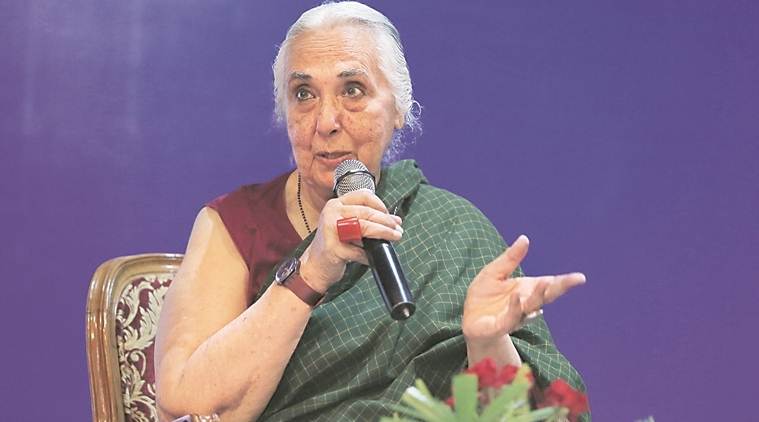To target Romila Thapar is to target a new way of asking questions and writing history
The truth is that, regardless of the governments in power, universities need academic freedom to flourish, they need fresh air.

X
Before heading back to Paris, I decided to visit Romila Thapar who had been in the news for the insidious interrogation of her status as professor emerita at JNU. She referred then, with a certain distraughtness so rare to spot in her, to an ancient formula that sets out the pattern of debate — Purvapaksh-Pratipaksh Siddhanta. According to it, one first spells out the opponent’s position as truthfully as one can, and then refutes it point by point before setting out one’s own position. This principle was put forward in an ancient Indian text as a methodical way of reaching an intellectual resolution and ensuring further progress. The immediate context for referring to this principle was our conversation about the spate of ill-informed and foul comments she has been receiving, and how far their writers could be from the debating siddhanta of ancient India. I was outraged to hear about such language, insulting as they were to one of our most eminent intellectuals in the world.










.png)




























No hay comentarios:
Publicar un comentario